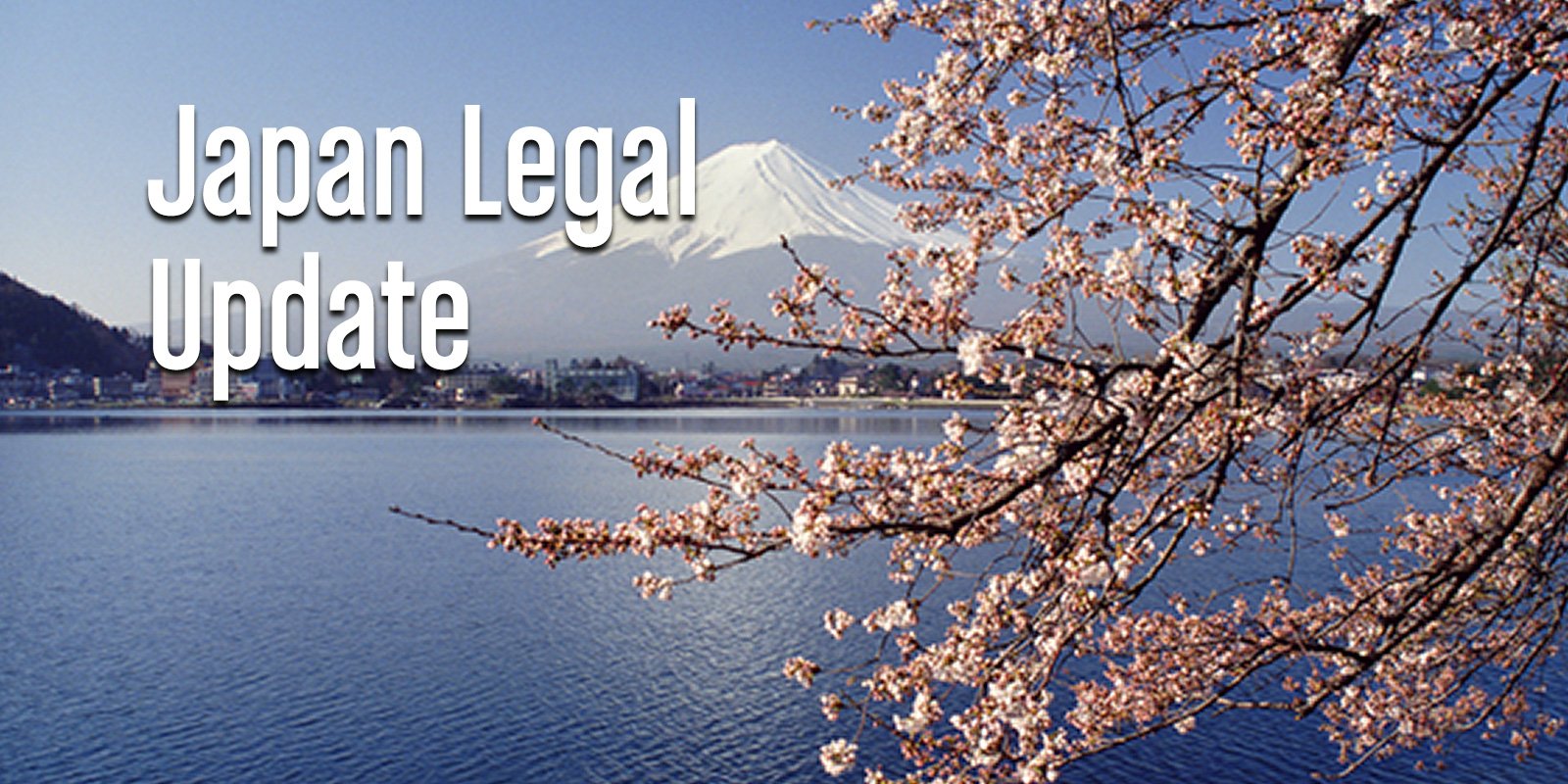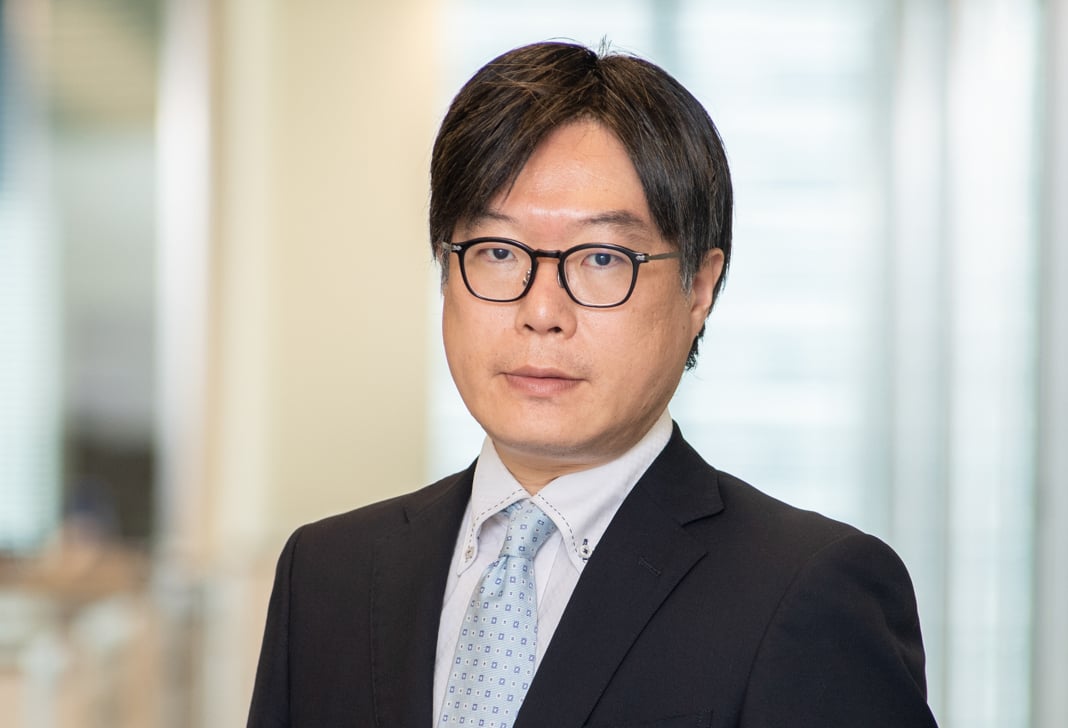
Japan Legal Update | Vol. 33
Disputes
Supreme Court of Japan Overturns the Osaka High Court's Decision Setting Aside an Arbitral Award
On December 12, 2017, the Supreme Court of Japan (Third Petty Bench) overturned the Osaka High Court's original decision ("Original Decision") setting aside an arbitral award based on a procedural violation under the Arbitration Law of Japan and remanded the case back to the Osaka High Court. In the underlying arbitration, the presiding arbitrator's law firm had represented a sister company of the opposing party in a U.S. class action lawsuit, and the arbitrator failed to disclose the potential conflict ("Conflict") to the parties. (Please see the September 2016 issue of this newsletter for a summary of the Original Decision. The petitioner who requested that the arbitral award be set aside changed its attorneys after the issuance of the Original Decision.)
In the Original Decision, the Osaka High Court ruled that the Conflict was a fact "likely to give rise to doubts as to [the arbitrator's] impartiality or independence," which the arbitrator was obligated to disclose under the Arbitration Law. The Osaka High Court set aside the arbitral award on the grounds that: (i) the abstract expression of the possibility of a future conflict of interest did not constitute proper disclosure of the Conflict; and (ii) the arbitrator was able to investigate the existence of conflicts of interest without any particular difficulty, thereby breaching the arbitrator's obligation to disclose the Conflict regardless of whether an investigation was actually conducted.
Upon review of the Original Decision, the Supreme Court substantially agreed with ground (i) above. As for ground (ii), however, the Supreme Court ruled that in order for an arbitrator to have breached his or her obligation to disclose a conflict under the Arbitration Law, before the completion of the arbitration proceedings the arbitrator must either be aware of the conflict in question or ordinarily be able to discover such conflict by conducting a reasonable investigation.
The Supreme Court found that it was unclear from the record whether the arbitrator in the present case had actually been aware of the Conflict. The Supreme Court also found that it was unclear whether the arbitrator ordinarily could have discovered the Conflict by conducting a reasonable investigation before the completion of the arbitration proceedings. The Supreme Court overturned the Original Decision and remanded the case back to the Osaka High Court for further examination of these two questions.
The Supreme Court of Japan has for the first time set a standard for determining when an arbitrator has breached his or her obligation to disclose a conflict, which is a ground for setting aside an arbitral award under the Arbitration Law. The Osaka High Court's decision following the remand from the Supreme Court should be carefully scrutinized to determine the precise meaning of "reasonable investigation" and how it should be proven.
Finance
Enforcement Date of the 2017 Amendment of the Financial Instruments and Exchange Act Announced
On December 27, 2017, the Cabinet Order to Specify the Enforcement Date of the Amendment to the Financial Instruments and Exchange Act ("Amendment") was promulgated. As a result, the Amendment will come into force on April 1, 2018. The Amendment will: (i) introduce the fair disclosure rule; (ii) introduce a registration requirement for high-frequency trading companies; and (iii) relax regulations on the permitted scope of business for the corporate groups of stock exchanges and other financial instrument exchanges.
For more information, please see the June 2017 issue of this newsletter.
Tokyo Office Contacts
John C. Roebuck
+81.3.6800.1811
jroebuck@jonesday.com
Yuichiro Mori
+81.3.6800.1827
ymori@jonesday.com
Takahashi Tanazawa
+81.3.6744.1604
ttanazawa@jonesday.com
Shinji Kadomatsu
+81.3.6744.1613
skadomatsu@jonesday.com
Harukuni Ito
+81.3.6800.1812
harukuniito@jonesday.com
Yuki Yoshida
+81.3.6744.1634
yyoshida@jonesday.com
Yusuke Hanada
+81.3.6744.1635
yhanada@jonesday.com
Kyosuke Katahira
+81.3.6800.1838
kkatahira@jonesday.com
Hiroyuki Fujimoto
+81.3.6744.1615
hfujimoto@jonesday.com
Gregory H. Kikkawa
+81.3.6800.1826
gkikkawa@jonesday.com
Jones Day publications should not be construed as legal advice on any specific facts or circumstances. The contents are intended for general information purposes only and may not be quoted or referred to in any other publication or proceeding without the prior written consent of the Firm, to be given or withheld at our discretion. To request reprint permission for any of our publications, please use our "Contact Us" form, which can be found on our website at www.jonesday.com. The mailing of this publication is not intended to create, and receipt of it does not constitute, an attorney-client relationship. The views set forth herein are the personal views of the authors and do not necessarily reflect those of the Firm.



